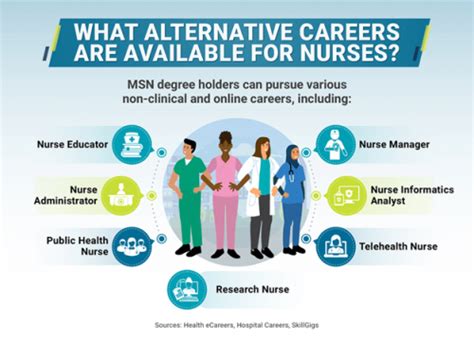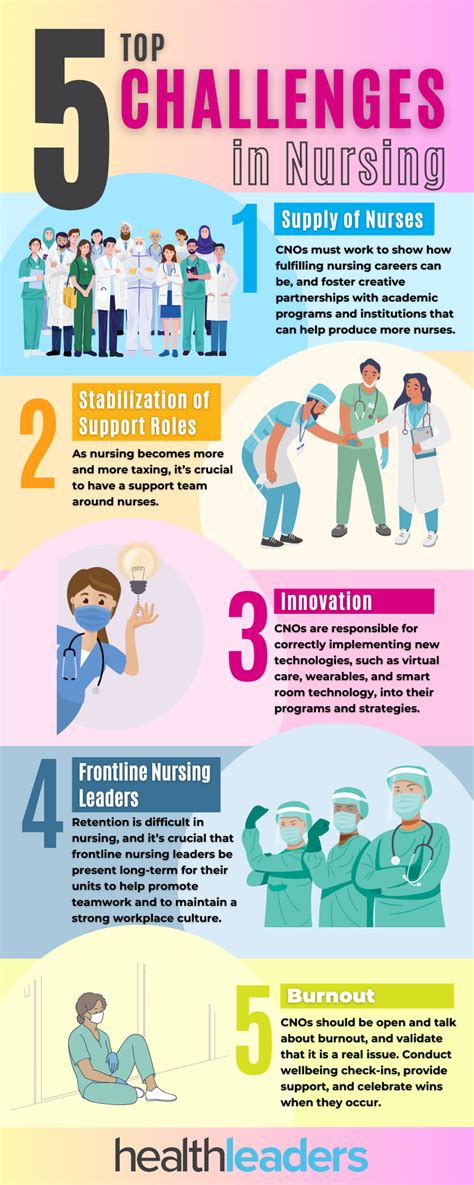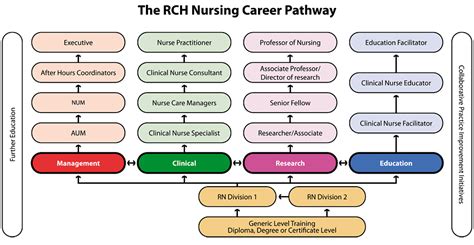Intro
Discover if nursing is the right career path for you. Explore the benefits, challenges, and growth opportunities in the nursing field. Learn about the various nursing specializations, required skills, and education requirements. Get insights into the job outlook, salary ranges, and personal fulfillment that comes with a career in nursing.
Nursing is a highly respected and in-demand profession that offers a wide range of benefits and opportunities for personal and professional growth. If you are considering a career in nursing, it's essential to weigh the pros and cons and determine if this profession is right for you.
Nursing is a fulfilling career that allows individuals to make a positive impact on people's lives. Nurses play a vital role in the healthcare system, providing hands-on care and support to patients, families, and communities. They work in various settings, including hospitals, clinics, nursing homes, and community health organizations.
One of the most significant advantages of a nursing career is job security and stability. The demand for nurses is high, and the Bureau of Labor Statistics predicts that employment of registered nurses will grow 12% from 2020 to 2030, faster than the average for all occupations. This means that nurses can enjoy a stable career with opportunities for advancement and professional growth.
Another benefit of nursing is the variety of specializations and career paths available. Nurses can choose to work in pediatrics, gerontology, oncology, critical care, or other specialties that align with their interests and skills. They can also pursue advanced degrees and certifications, such as nurse practitioner, nurse educator, or nurse administrator.
In addition to the personal rewards and job security, nursing offers competitive salaries and benefits. According to the Bureau of Labor Statistics, the median annual salary for registered nurses was $76,840 in May 2020. Nurses also receive comprehensive benefits, including health insurance, retirement plans, and paid time off.
However, nursing can be a challenging and demanding profession, both physically and emotionally. Nurses often work long hours, including night shifts, weekends, and holidays. They may also be exposed to infectious diseases, hazardous materials, and stressful situations.
To determine if nursing is a good career choice for you, consider the following factors:
- Do you enjoy working with people and providing hands-on care?
- Are you willing to commit to ongoing education and training?
- Can you handle the physical and emotional demands of the job?
- Do you value job security and stability?
- Are you interested in specializing in a particular area of nursing?
If you answered "yes" to these questions, then nursing may be a fulfilling and rewarding career for you.
Types of Nursing Careers

There are several types of nursing careers, each with its unique responsibilities and requirements. Some of the most common types of nursing careers include:
-
Registered Nurses (RNs)
Registered nurses provide direct patient care, administer medications, and perform various medical procedures. They work in hospitals, clinics, nursing homes, and other healthcare settings. -
Licensed Practical Nurses (LPNs)
Licensed practical nurses provide basic nursing care, such as taking vital signs, changing wound dressings, and assisting with daily living activities. They work under the supervision of registered nurses and doctors. -
Nurse Practitioners (NPs)
Nurse practitioners provide primary and specialty care to patients, including diagnosing and treating illnesses, prescribing medications, and ordering diagnostic tests. They work in hospitals, clinics, and private practices. -
Nurse Educators
Nurse educators teach nursing students in academic settings, such as colleges and universities. They develop curriculum, teach classes, and mentor students. -
Nurse Administrators
Nurse administrators manage nursing staff, develop policies and procedures, and oversee the delivery of patient care. They work in hospitals, clinics, and other healthcare organizations.
The Benefits of a Nursing Career

A nursing career offers numerous benefits, including:
-
Job Security and Stability
Nursing is a high-demand profession with a strong job market. Nurses can enjoy stable employment and opportunities for advancement. -
Competitive Salaries and Benefits
Nurses receive competitive salaries and comprehensive benefits, including health insurance, retirement plans, and paid time off. -
Personal Rewards and Fulfillment
Nursing is a rewarding profession that allows individuals to make a positive impact on people's lives. Nurses can experience a sense of personal fulfillment and satisfaction. -
Variety of Specializations and Career Paths
Nursing offers a range of specializations and career paths, allowing individuals to pursue their interests and skills. -
Ongoing Education and Training
Nursing requires ongoing education and training, which can lead to personal and professional growth.
The Challenges of a Nursing Career

While nursing can be a rewarding career, it also presents several challenges, including:
-
Physical and Emotional Demands
Nursing can be physically and emotionally demanding, requiring long hours, night shifts, and exposure to infectious diseases and hazardous materials. -
High-Stress Environment
Nursing can be a high-stress profession, particularly in emergency and critical care settings. -
Continuous Education and Training
Nursing requires ongoing education and training, which can be time-consuming and challenging. -
Emotional Burnout and Compassion Fatigue
Nurses may experience emotional burnout and compassion fatigue, particularly when working with patients who are experiencing trauma or suffering.
How to Pursue a Nursing Career

To pursue a nursing career, follow these steps:
-
Meet the Basic Requirements
Earn a high school diploma or equivalent, and complete the required prerequisite courses, such as biology, chemistry, and mathematics. -
Choose a Nursing Program
Select a nursing program that aligns with your career goals and interests. Options include associate's degree in nursing (ADN), bachelor's degree in nursing (BSN), and diploma programs. -
Complete the Nursing Program
Complete the nursing program, which typically takes two to four years. -
Pass the NCLEX-RN Exam
Pass the National Council Licensure Examination-Registered Nurse (NCLEX-RN) exam to become a licensed registered nurse. -
Gain Experience and Build Your Skills
Gain experience and build your skills by working in various healthcare settings and pursuing continuing education and training.
Conclusion
Nursing is a rewarding and challenging profession that offers numerous benefits and opportunities for personal and professional growth. While it presents several challenges, the rewards of a nursing career far outweigh the difficulties. If you are considering a career in nursing, weigh the pros and cons, and determine if this profession is right for you.
What are the basic requirements for a nursing career?
+The basic requirements for a nursing career include earning a high school diploma or equivalent, completing the required prerequisite courses, and choosing a nursing program that aligns with your career goals and interests.
What are the different types of nursing careers?
+There are several types of nursing careers, including registered nurses (RNs), licensed practical nurses (LPNs), nurse practitioners (NPs), nurse educators, and nurse administrators.
What are the benefits of a nursing career?
+The benefits of a nursing career include job security and stability, competitive salaries and benefits, personal rewards and fulfillment, variety of specializations and career paths, and ongoing education and training.
What are the challenges of a nursing career?
+The challenges of a nursing career include physical and emotional demands, high-stress environment, continuous education and training, and emotional burnout and compassion fatigue.
How can I pursue a nursing career?
+To pursue a nursing career, meet the basic requirements, choose a nursing program, complete the nursing program, pass the NCLEX-RN exam, and gain experience and build your skills.
